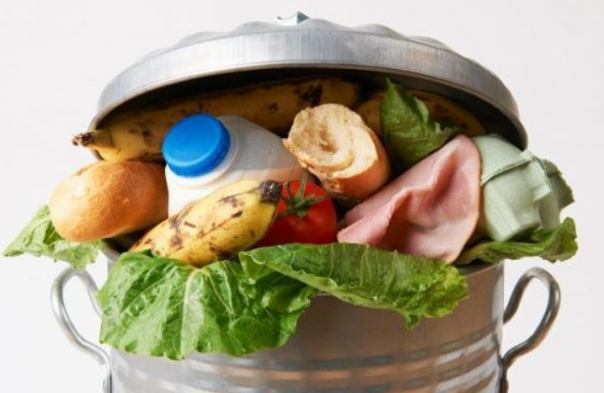
This surge casts doubt on the food industry’s ability to meet the UN’s Sustainable Development Goal to halve food waste by 2030 and hampers progress to net zero.
Nearly nine out of ten (85%) food supply chain heads say the pandemic has caused long-term damage to their supply chain, from which they are yet to recover. Nearly a third (32%) believe their supply chain will not return to optimum efficiency for a full year.
Around 44% have been impacted by labour shortages and 38% have experienced freight challenges in their supply chain. Over a third (35%) have also said they will be forced to continue increasing their prices due to the difficulties in managing their supply chain.
UK food supply chain heads are increasingly diversifying their supplier base by working with smaller suppliers, with over a third (38%) doing so.
Aoife Wycherley, head of supply chain & food procurement at Sodexo UK & Ireland, said: “Diversifying the food supply chain is essential for building resilience. SMEs can enable greater agility because they’re more flexible, innovative and, tend to drive domestic food sourcing which, in turn, can reduce carbon by cutting down on air and freight usage.
“This makes having SMEs in the supply chain essential for those that need to maintain supply and meet climate targets. Carbon data reporting is, however, a huge burden for small businesses, and we need greater industry collaboration from large organisations to support them with this challenge in order to achieve net zero in the supply chain.”
Sodexo, which has pledged to cut its own food waste by 50% by 2025 and achieve net zero by 2045, found that achieving net zero emissions was the most important priority for 80% of respondents.
Claire Atkins-Morris, director of corporate responsibility at Sodexo UK & Ireland, commented: “We welcome the Government’s decision to consult on mandatory food waste reporting, something which we’ve been calling for in our Appetite for Action campaign.
“The first step towards cutting food waste is tracking and monitoring. More broadly, we urge government to take a holistic approach to all areas which will determine the success of net zero policy making, including food waste, carbon reduction and supply chain resilience. The strategy must be broader than focusing on renewable energy and the introduction of electric vehicles."